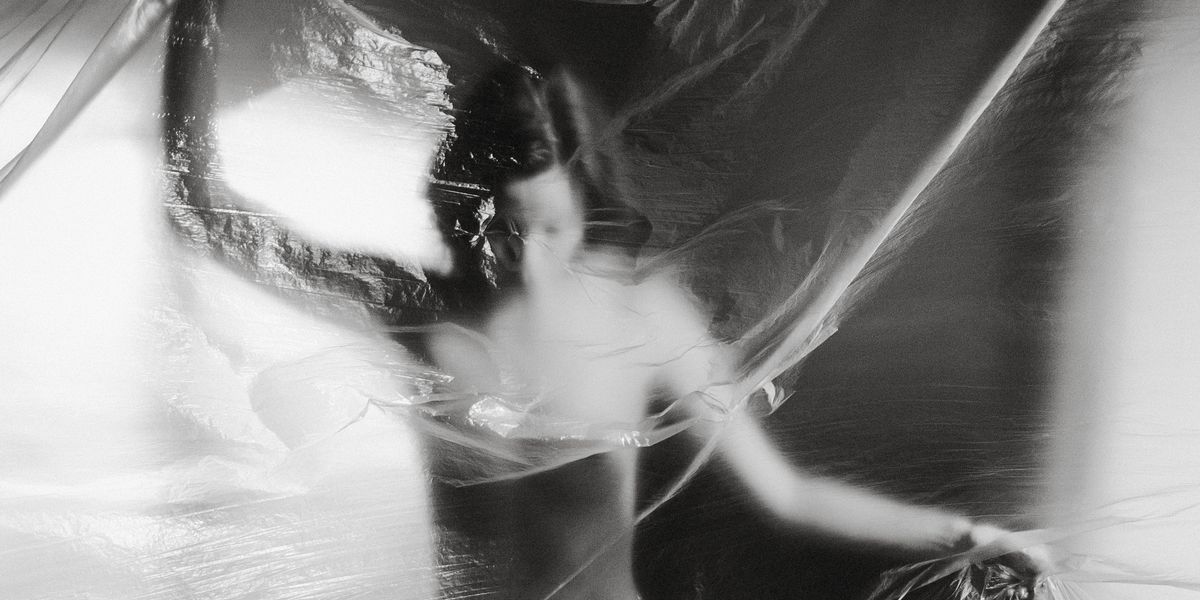What to Do If You Think a Fellow Dancer Is Having a Mental Health Crisis
When it comes to mental health, dancers are the ones on the frontlines trying to support each other. Many find themselves routinely confronted with concerns for their friends. Maybe it’s the dancer down the barre who you know is cutting, or the partner who only speaks about himself with disparagement and disgust.
According to Dr. Sharon Chirban, a sports psychologist who works with dancers at Boston Ballet, it is normal for peers to seek each other out when dealing with mental health issues. Yet many are unsure of what to do when a friend approaches them. Keep these six actions in mind the next time you need to help a fellow dancer.
Listen Without Judgment
Don’t feel like you should play the role of a mental health professional, warns Dr. Leigh Skvarla, a counselor who works with athletes and performing artists in Pittsburgh. “Don’t try to ‘solve’ the situation. Rather, listen to what they are saying,” she says. “Sometimes people don’t need you to give them solutions. They will benefit from you sitting with them and acknowledging that they’re struggling.”
Don’t Agree to Be Off-The-Record
Skvarla warns against promising to keep the conversation secret. “This not only isolates your friend, but can make you feel alone with their challenge too.”
Take The Initiative
If you notice that a fellow dancer is clearly suffering without support, talk with them. “Don’t assume that they will get help by themselves,” says Skvarla. Observations should be the foundation of your message. “I-statements work well,” she says, “such as saying: ‘I noticed that you didn’t show up for class for the past two days. Are you okay?’ ”
Watch Out for Red Flags
How do you know if a friend’s problem warrants an evaluation with a mental health professional? Skvarla suggests looking out for changes in your friend’s personality or emotional expression, including the following:
- shutting down when they were previously open about their mood
- behaving as if everything is fantastic
- believing that nobody likes them
- changes in sleep habits
- changes in nutrition and weight
- social withdrawal
- self-harm
- illegal drug use
- making distressing or hopeless comments
- feeling sad for two weeks or more
Ask for Backup
If your friend’s behavior has not improved, they may need more help than you can offer. “Take the question you might have about someone’s well-being, even anonymously, to the person who you think is the most sensitive to the health of the dancer,” advises Chirban. This is often a parent, but it may be a teacher or artistic staff member.
Know that your friend might initially be hurt. “It is possible that they will be angry,” says Skvarla, “and that is valid.” Being “outed” can cause embarrassment or shame. But remember that in the long-term, your friend will most likely be grateful.
Don’t Forget Self-Care
While your friend is struggling, it is possible that you will as well—it’s an emotional burden to feel responsible for someone else’s well-being. “On an airplane, the flight attendant will remind you to put your oxygen mask on first before you help others. The same principle applies,” says Skvarla. “Taking care of yourself is critical.” Carve out time to meditate if it helps you, connect with other friends or seek quiet time for yourself.




